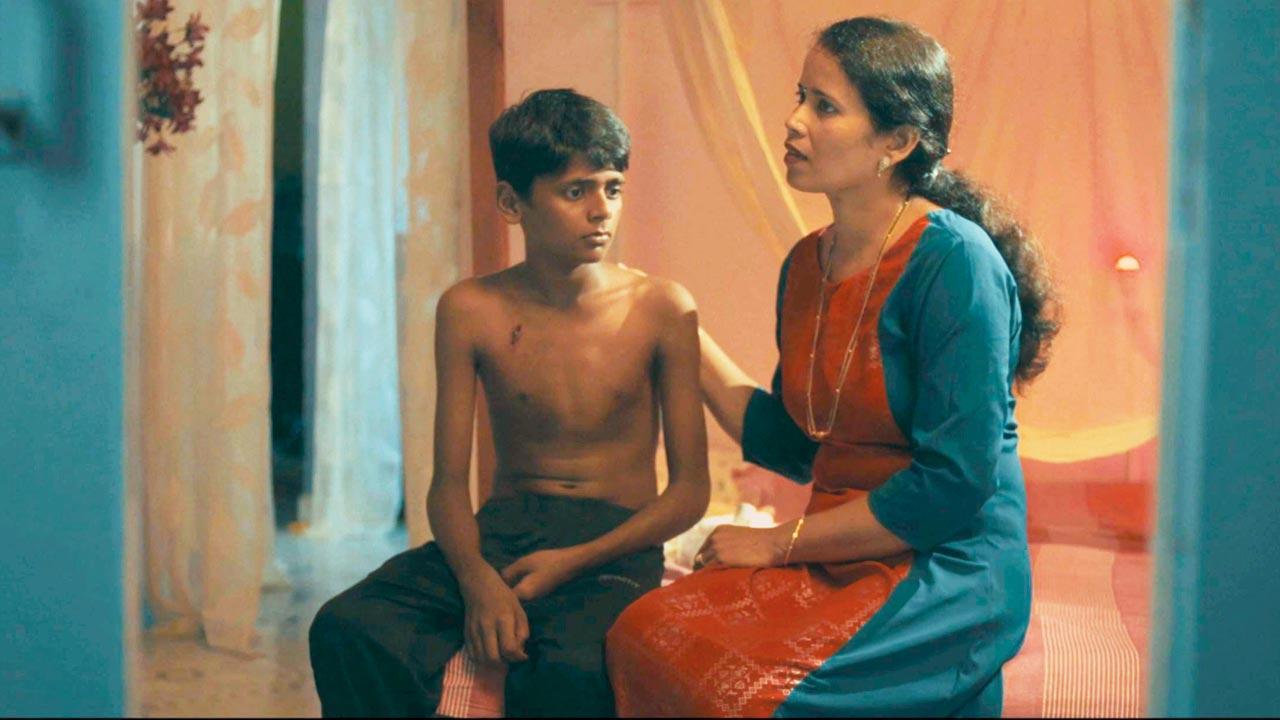Home / Sunday-mid-day / / Article /
Konkani ki kahaani, Konkani ki zubaani
Updated On: 25 February, 2024 08:00 AM IST | Mumbai | Arpika Bhosale
Unbridled, young, and passionate—Konkani cinema from the sunshine state is more than just sunbeams and beer afternoons. All it needs is someone to believe in it
Listen to this article :

Akshay Parvatkar’s Hanging by a thread opened the Goa Open Arts Festival this weekend
We’re angry saints now,
We will change the destiny of everything and everyone,
Not to live like sudhirs
But to live like human beings,
Yes, we are the bravest of mankind,
We are sudhirs!
These lines are from the haunting Konkani poem at the end of the Goan Konkani short film, Hanging by a Thread, which was screened at the Goa Open Arts Festival from this weekend.



